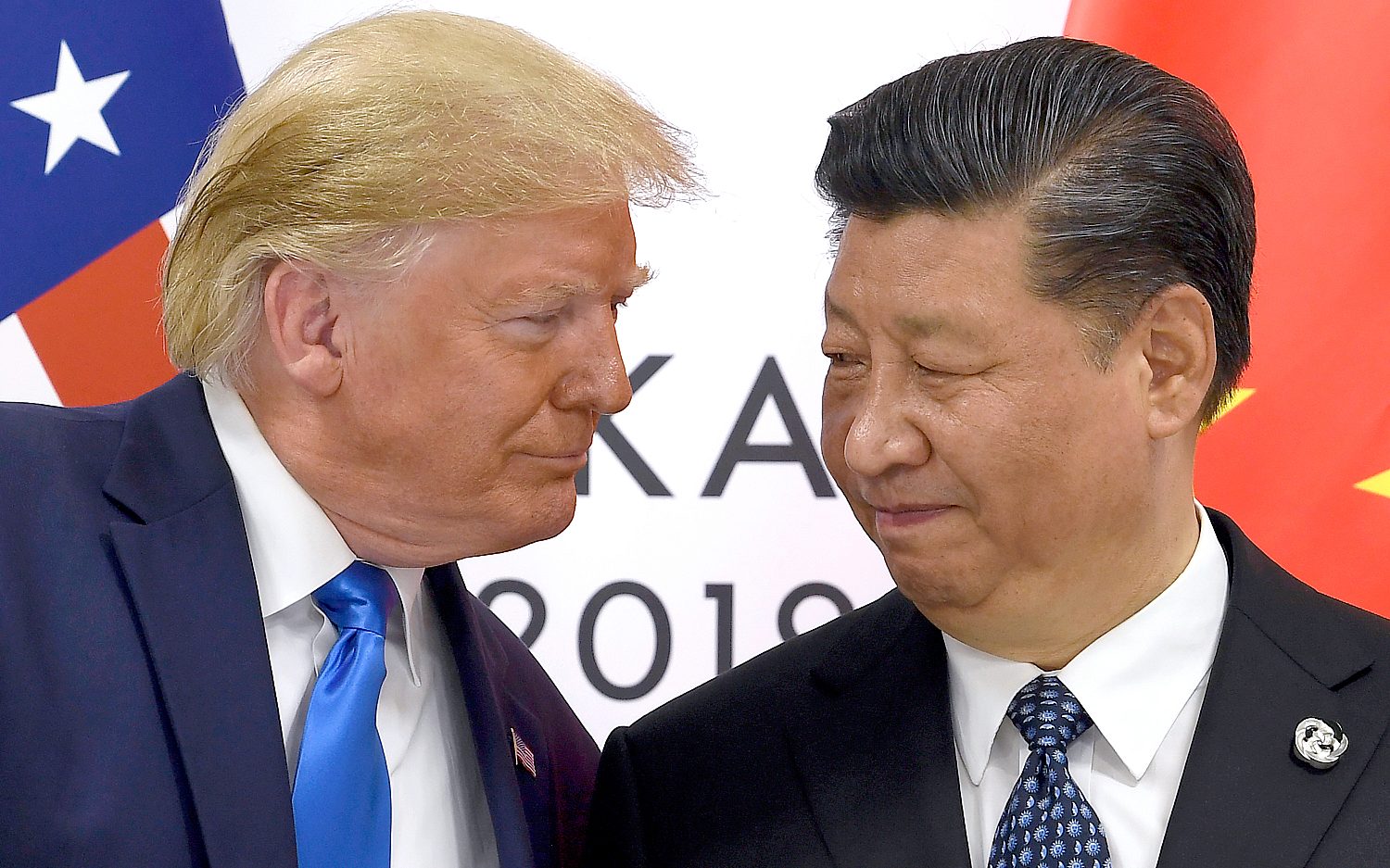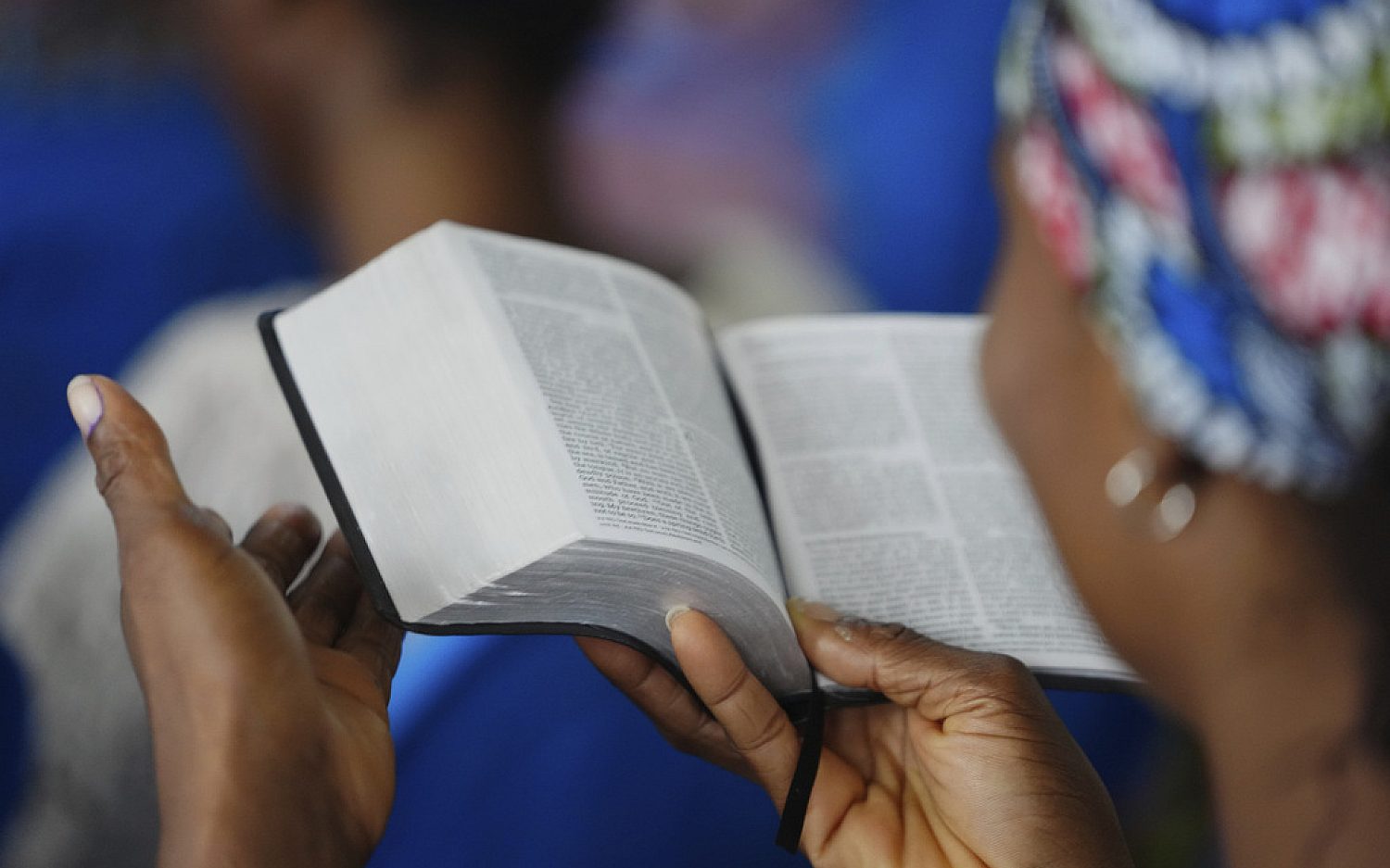Are poor people bound to make poor decisions?
Researchers claim a new study debunks long-standing conservative economic theory by showing that being short on money can impair cognitive function. Their conclusion is that circumstances, not individuals, are the major cause of poverty, without recognizing the responsibility people still have in making decisions.
Using only two studies, Harvard economist Sendhil Mullainathan and his colleagues found financial stress monopolizes thinking, making other calculations slower and more difficult, like the effects of going without sleep for a night.
In the first study, researchers randomly selected about 400 shoppers at one New Jersey mall. They asked the participants to imagine two different scenarios: receiving a small car repair bill and receiving a large car repair bill. All participants were then given cognitive performance tests. Those with incomes below $20,000 did not show any difference in cognitive functioning when thinking about an imaginary small car repair bill but did show a 40 percent drop when they imagined a larger bill. Those participants with incomes over $70,000 did not show a decline in test scores in either scenario.
The second study involved 464 farmers in India who are paid only once a year after harvest. Before harvest, they are very poor, often taking out loans and pawning possessions. After harvest, they have plenty of cash. The researchers tested the cognitive abilities of these farmers, both before and after harvest, and discovered that performance improved by 25 percent after harvest.
“When we think about people who are financially stressed, we think they are short on money, but the truth is they are also short on cognitive capacity,” Mallainathan said.
But the studies are filled with limitations: A small, non-random sample (400 shoppers in one mall in New Jersey, and 464 farmers in India); an artificial environment in the first study with participants only imagining financial stress; and establishing baseline during a time of high stress in the second study. Yet researchers want to apply these results to some 100 million poor Americans.
Certainly most people likely would agree that stress, any stress, can make it more difficult to think. But this phenomenon is not limited to financial stress and certainly does not negate responsibility.
Claiming circumstances have ultimate power over the poor takes away from their humanity as image bearers of God, possessing the mind and talent to make good decisions even while under stress.
The Associated Press contributed to this report.
An actual newsletter worth subscribing to instead of just a collection of links. —Adam
Sign up to receive The Sift email newsletter each weekday morning for the latest headlines from WORLD’s breaking news team.





Please wait while we load the latest comments...
Comments
Please register, subscribe, or log in to comment on this article.